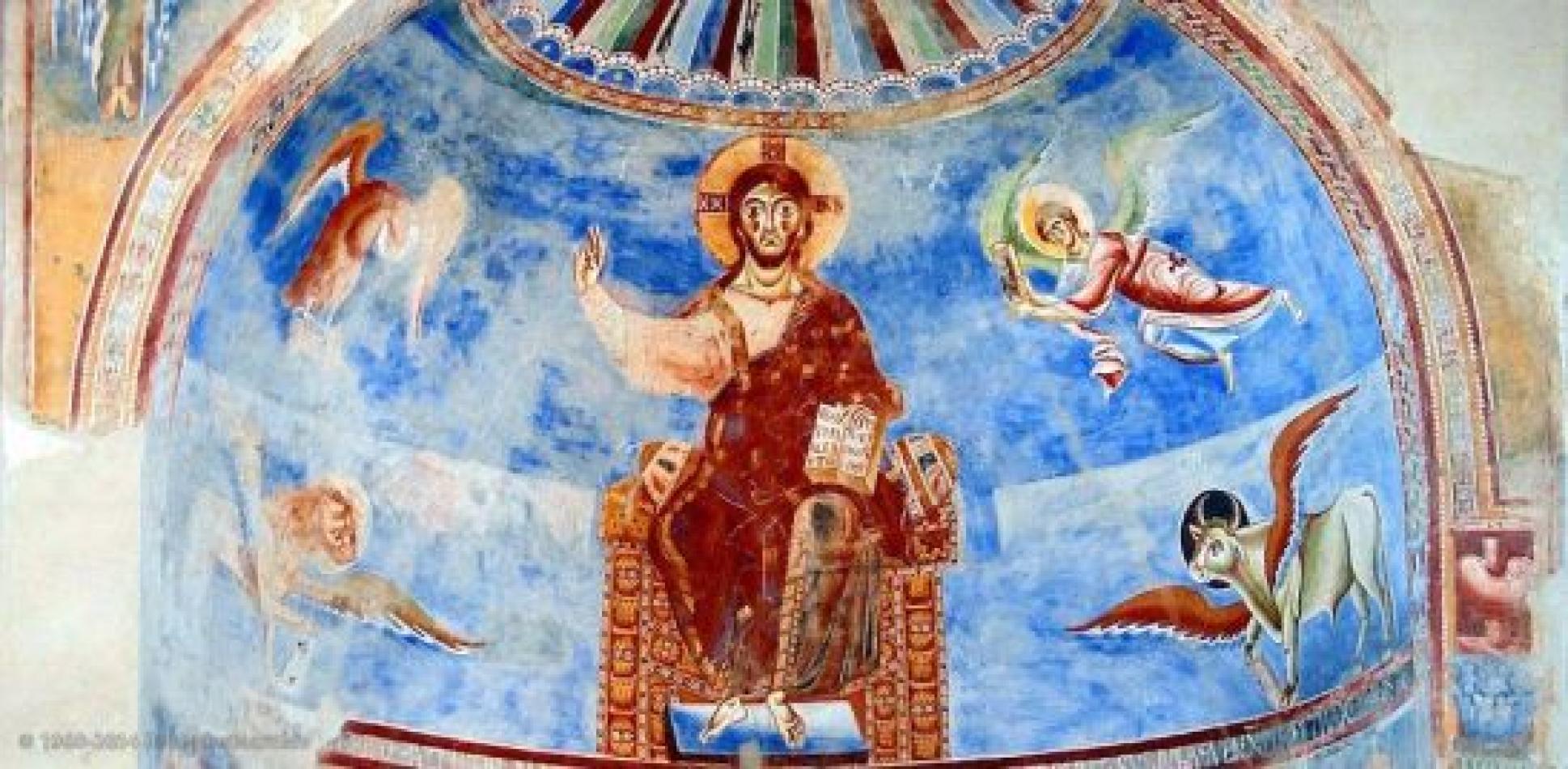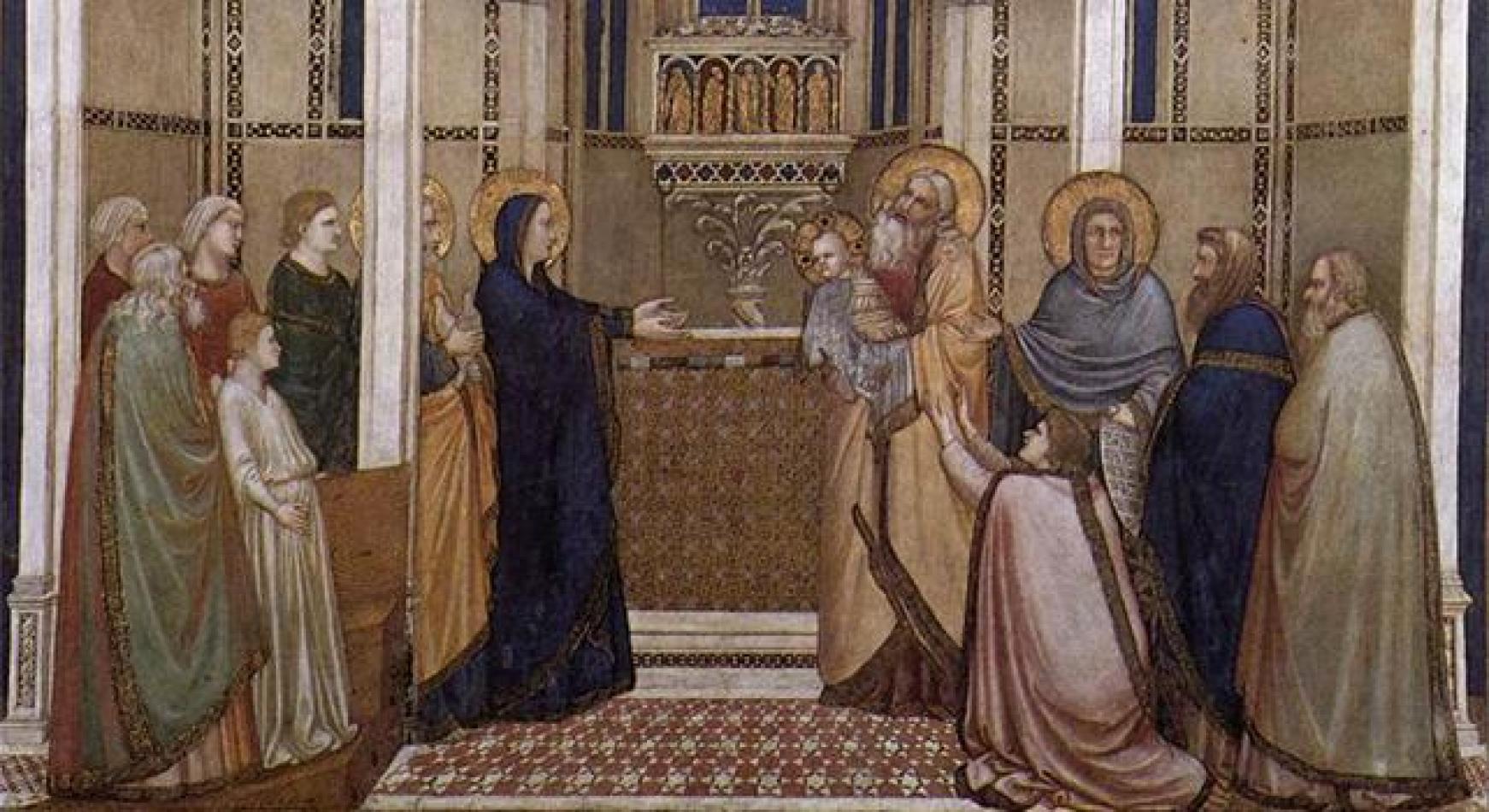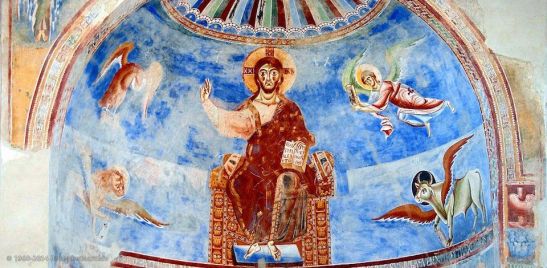Daniel Comboni
Comboni Missionaries
Institutional area
Other links
Newsletter
The Gospel of the second to last Sunday of the liturgical year is the classic text on the end of the world. There has always been someone who has taken it upon themselves to wave this page of the Gospel in the face of their contemporaries and provoke psychosis and fear. My advice is to be calm and to not let yourself be in the least bit troubled by these visions of catastrophe.
MESSAGE OF HIS HOLINESS POPE FRANCIS
FOR THE FIFTH WORLD DAY OF THE POOR
“The poor you will always have with you”
(Mk 14:7)
ON THE END OF THE WORLD
Fr. Raniero Cantalamessa
Daniel 12:1-3; Hebrews 10:11-14, 18; Mark 13:24-32
The Gospel of the second to last Sunday of the liturgical year is the classic text on the end of the world. There has always been someone who has taken it upon themselves to wave this page of the Gospel in the face of their contemporaries and provoke psychosis and fear. My advice is to be calm and to not let yourself be in the least bit troubled by these visions of catastrophe.
Just read the last line of the same Gospel passage: “But of that day or hour, no one knows, neither the angels in heaven, nor the Son, but only the Father.” If neither the angels nor the Son (insofar as he is man and not insofar as he is God) know the day or hour of the end, is it possible that a member of some sect or some religious fanatic would know and be authorized to announce it? In the Gospel Jesus assures us of the fact of his return and the gathering his chosen ones from the “four winds”; the when and the how of his return (on the clouds between the darkening of the sun and the falling of the stars) is part of the figurative language of the literary genre of these discourses.
Another observation might help explain certain pages of the Gospel. When we talk about the end of the world on the basis of the understanding of time that we have today, we immediately think of the absolute end of the world, after which there can be nothing but eternity. But the Bible goes about its reasoning with relative and historical categories more than with absolute and metaphysical ones. Thus, when the Bible speaks of the end of the world, it intends quite often the concrete world, that which in fact exists for and is known by a certain group of people, their world. It is, in sum, the end of a world that is being treated not the end of the world, even if the two perspectives at times intertwine.
Jesus says: “This generation will not pass away until all these things have taken place.” Is he mistaken? No, it was the world that was known to his hearers that passed away, the Jewish world. It tragically passed away with the destruction of Jerusalem in A.D. 70. When, in 410, the Vandals sacked Rome, many great figures of the time thought that it was the end of the world. They were not all that wrong; one world did end, the one created by Rome with its empire. In this sense, those who, with the destruction of the twin towers on September 11, 2001, thought of the end of the world, were not mistaken …
None of this diminishes the seriousness of the Christian charge but only deepens it. It would be the greatest foolishness to console oneself by saying that no one knows when the end of the world will be and forgetting that, for any of us, it could be this very night. For this reason Jesus concludes today’s Gospel with the recommendation that we “be vigilant because no one knows when the exact moment will be.”
We must, I think, completely change the attitude with which we listen to these Gospels that speak of the end of the world and the return of Christ. We must no longer regard as a punishment and a veiled threat that which the Scriptures call “the blessed hope” of Christians, that is, the return of our Lord Jesus Christ (Titus 2:13). The mistaken idea we have of God must be corrected. The recurrent talk about the end of the world which is often engaged in by those with a distorted religious sentiment, has a devastating effect on many people. It reinforces the idea of a God who is always angry, ready to vent his wrath on the world. But this is not the God of the Bible which a psalm describes as “merciful and gracious, slow to anger and abounding in steadfast love, who will not always accuse or keep his anger forever … because he knows that we are made of dust” (Psalm 103:8-14).
[Zenit]






